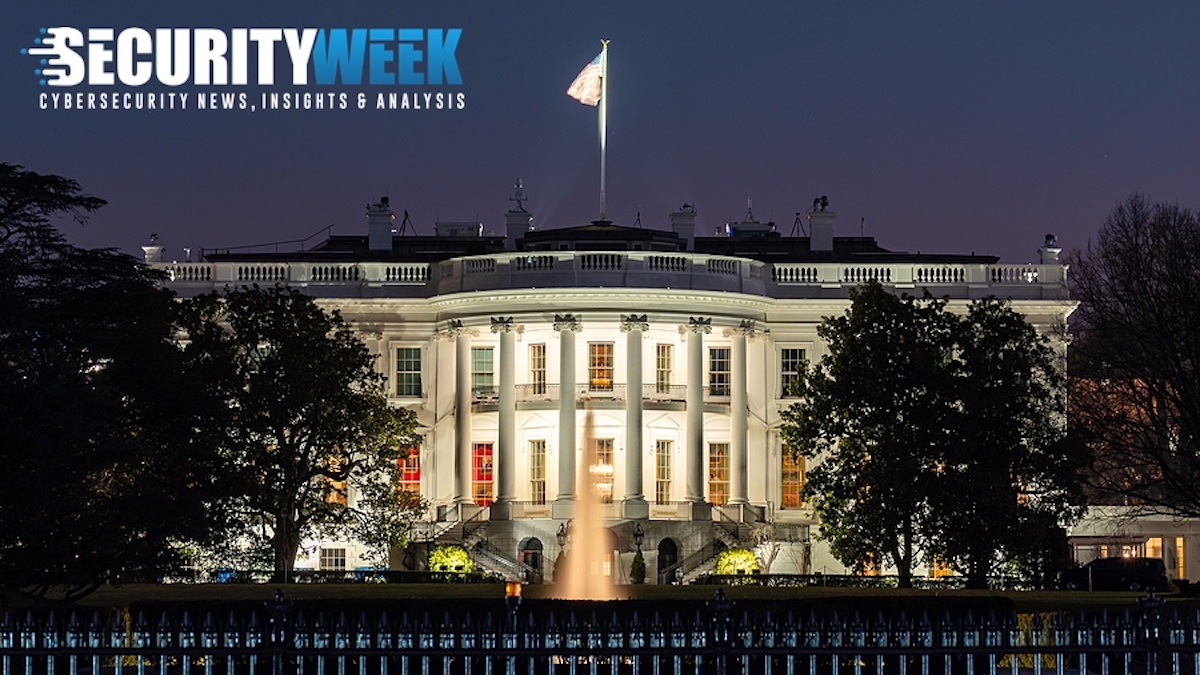Vice President Kamala Harris will meet on Thursday with the CEOs of four major companies developing artificial intelligence as the Biden administration rolls out a set of initiatives meant to ensure the rapidly evolving technology improves lives without putting people’s rights and safety at risk.
The Democratic administration plans to announce an investment of $140 million to establish seven new AI research institutes, administration officials told reporters in previewing the effort.
In addition, the White House Office of Management and Budget is expected to issue guidance in the next few months on how federal agencies can use AI tools. There will also be an independent commitment by top AI developers to participate in a public evaluation of their systems in August at the Las Vegas hacker convention DEF CON.
Harris and administration officials on Thursday plan to discuss the risks they see in current AI development with the CEOs of Alphabet, Anthropic, Microsoft and OpenAI. The government leaders’ message to the companies is that they have a role to play in reducing the risks and that they can work together with the government.
President Joe Biden noted last month that AI can help to address disease and climate change but also could harm national security and disrupt the economy in destabilizing ways.
The release of the ChatGPT chatbot this year has led to increased debate about AI and the government’s role with the technology. Because AI can generate human-like writing and fake images, there are ethical and societal concerns.
OpenAI, which developed ChatGPT, has been secretive about the data its AI systems have been trained upon. That makes it hard for those outside the company to understand why ChatGPT is producing biased or false answers to requests or to address concerns about whether it’s stealing from copyrighted works.
Companies worried about being liable for something in their training data might also not have incentives to properly track it, said Margaret Mitchell, chief ethics scientist at AI startup Hugging Face.
“I think it might not be possible for OpenAI to actually detail all of its training data at a level of detail that would be really useful in terms of some of the concerns around consent and privacy and licensing,” Mitchell said in an interview Tuesday. “From what I know of tech culture, that just isn’t done.”
Theoretically, at least, some kind of disclosure law could force AI providers to open up their systems to more third-party scrutiny. But with AI systems being built atop previous models, it won’t be easy for companies to provide greater transparency after the fact.
“I think it’s really going to be up to the governments to decide whether this means that you have to trash all the work you’ve done or not,” Mitchell said. “Of course, I kind of imagine that at least in the U.S., the decisions will lean towards the corporations and be supportive of the fact that it’s already been done. It would have such massive ramifications if all these companies had to essentially trash all of this work and start over.”
















